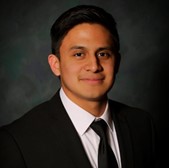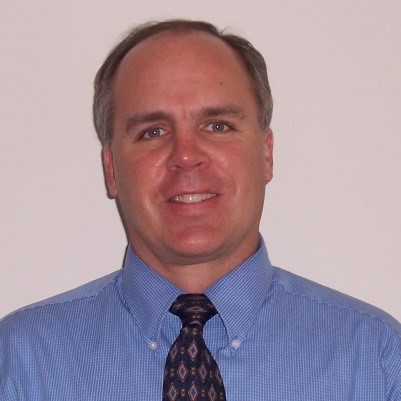Yazaki is a global leader in the design and manufacture of electrical and electronic systems for automotive applications. The students will design an electronic error detection system, integrated into the wire harness manufacturing fixture, to identify assembly issues in real-time.
Abstract:
Automotive wiring assemblies are complicated products which are difficult to manufacture via machine automation. For this reason, they are typically fabricated by hand by human workers on special jig board fixtures. Once completed, the wire assemblies are transported to separate electrical test stations to verify circuit accuracy. Because they are manufactured by humans, the potential for errors during the manufacturing process is high. Because they are tested only after assembly is completed, the cost to repair detected errors can also be very high. The students will develop an intelligent, electronic error detection system that can be integrated into the existing manufacturing jig boards in order to detect assembly errors the moment they are created, thereby eliminating separate test fixtures, reducing costly product re-work, and improving product quality.
Impact:
An integrated intelligent electronic error detection system will improve manufacturing efficiency and product quality, as well as capture manufacturing process data that can be used to identify areas for potential process improvement and operator training.
See complete details
Manufacturing Optimization (2 Students)
Specific Skills: Manufacturing Efficiency, Time/Motion evaluation Ergonomics, Optimal User Interface, Financial benefit calculations
Likely Majors: IOE, ISD-MFG
EE Smart Device Development (2 Students)
Specific Skills: General EE, circuit design, Smart device development, general programming
Likely Majors: EE, CE, CS, ME (with EECS 314)
Wireless Communication (1-2 Students)
Specific Skills: Wireless communication such as Bluetooth Practical experience in Bluetooth hardware implementation and/or academic coursework. Some programming.
Likely Majors: EE, CE
Mechanical Design (1 Student)
Specific Skills: Mechanical Design. Test hardware Design, validation and fabrication. Ideally has cross functional understanding of EE.
Likely Majors: ME
Sponsor Mentors

Bryan Sandoval
Bryan Sandoval is an agile project leader within Research & Development at Yazaki North America. As an engineer, Bryan designed and tested the electronics within automotive power distribution modules. Bryan has also led teams to design and develop 48V power modules and protection devices, robotic automation in wire harness manufacturing, and water-cooled devices. In addition to product development, Bryan has spoken at multiple conferences or shows representing Yazaki R&D technologies.

Michael Boyd
Michael is a Senior Manager in R&D at Yazaki and has over 20 years of experience designing embedded electronics. He works with engineering teams on problem solving, brainstorming, and technical approaches for future products. During past summers he has led an intern program where university students work together in teams to solve real world challenges with innovative solutions
Faculty Mentor

Shai Revzen
Assistant Professor, Electrical and Computer Engineering
Shai’s research interests include the study of bio-inspired robotics and new methods and mechanisms for control. He has also been involved with the scientific study of animal and human locomotion based on nonlinear dynamical systems, and application to design of legged robotic vehicles and other devices.
Course Substitutions: Honors, ChE Elective, CS MDE/Capstone, CE MDE, EE MDE, IOE Senior Design, IOE Grad Cognate, ISD AUTO 503, ISD GAME, ISD MFG 503, MECHENG 490, SI Elective, SI Grad Cognate
Citizenship Requirements: This project is open to all students.
IP/NDA: Students will sign standard University of Michigan IP/NDA documents.
In Person/Remote Participation Options: Work will take place on campus with opportunities to travel to the sponsor’s nearest location (Canton, Mi) for work within their innovation spaces. (MDP will provide transportation).
On-Campus Participation Requirements:
- Students on this team must be able to be physically present on campus in Ann Arbor to work on physical prototypes as local safety protocols allow.
Internship/Summer Opportunity: Students will be guaranteed an interview for a summer 2022 internship. The interviews will take place in January/February 2022.
